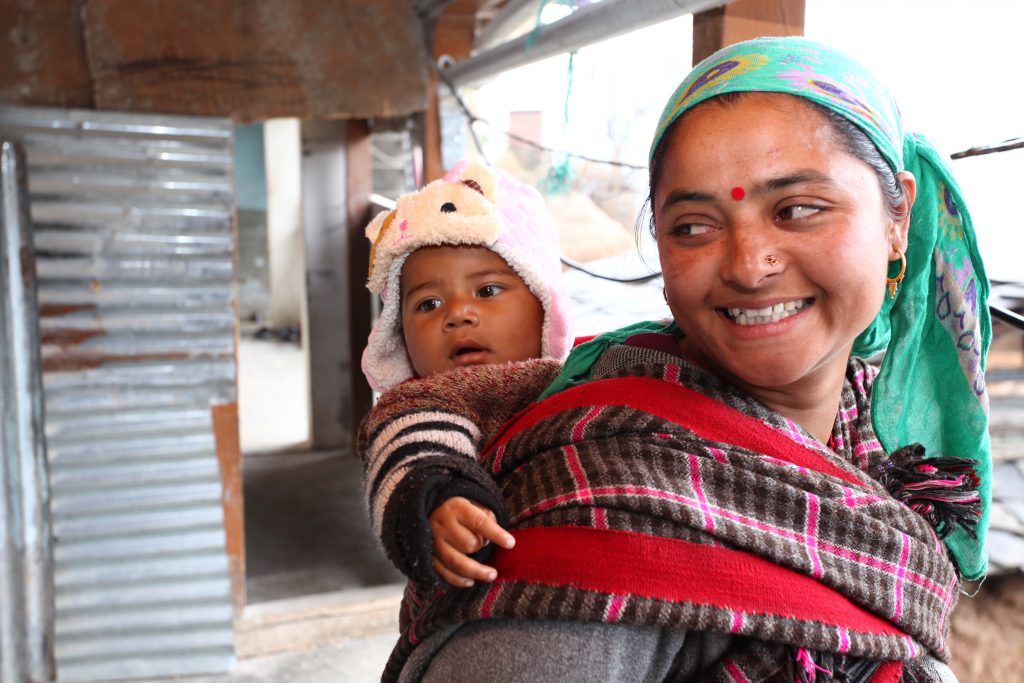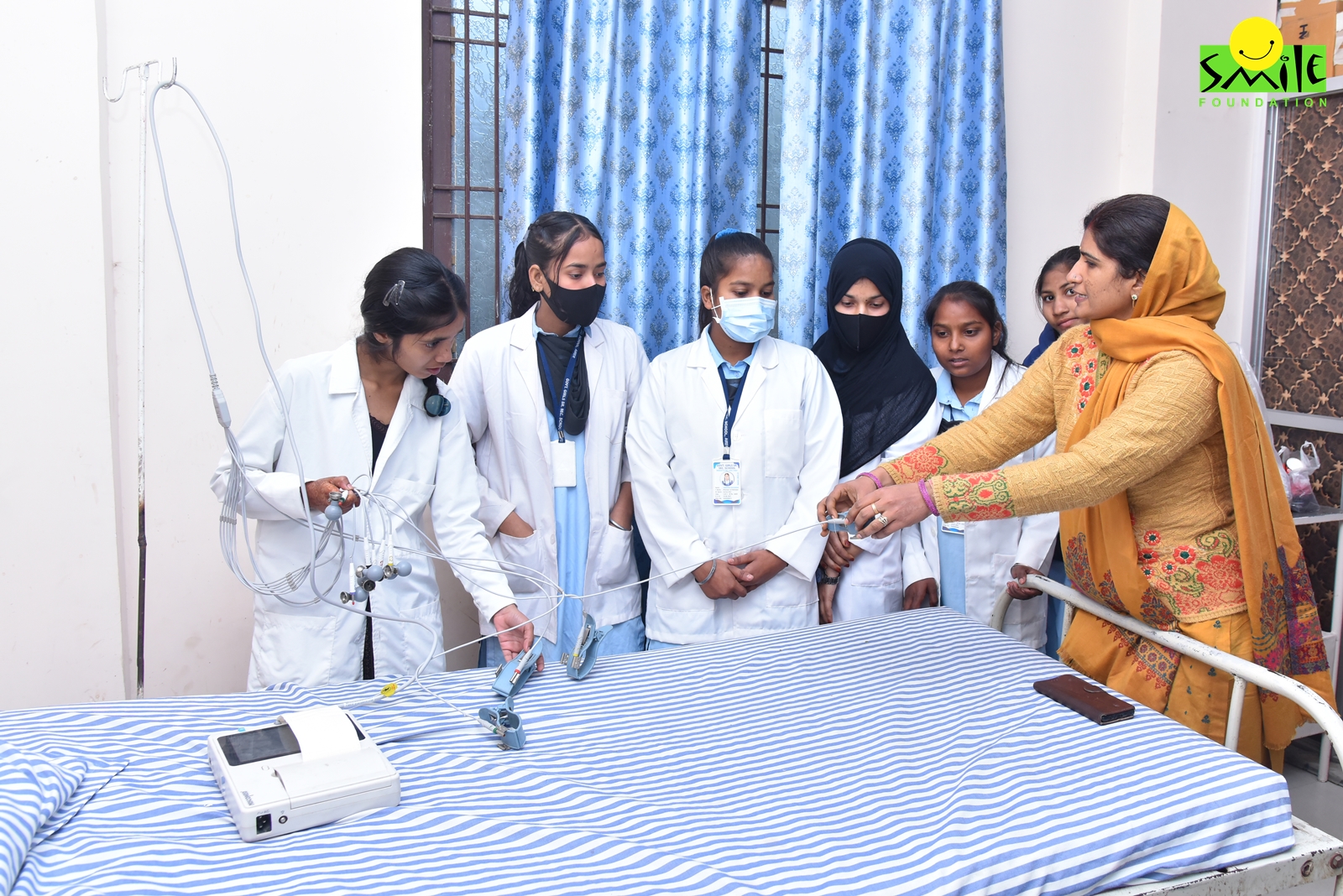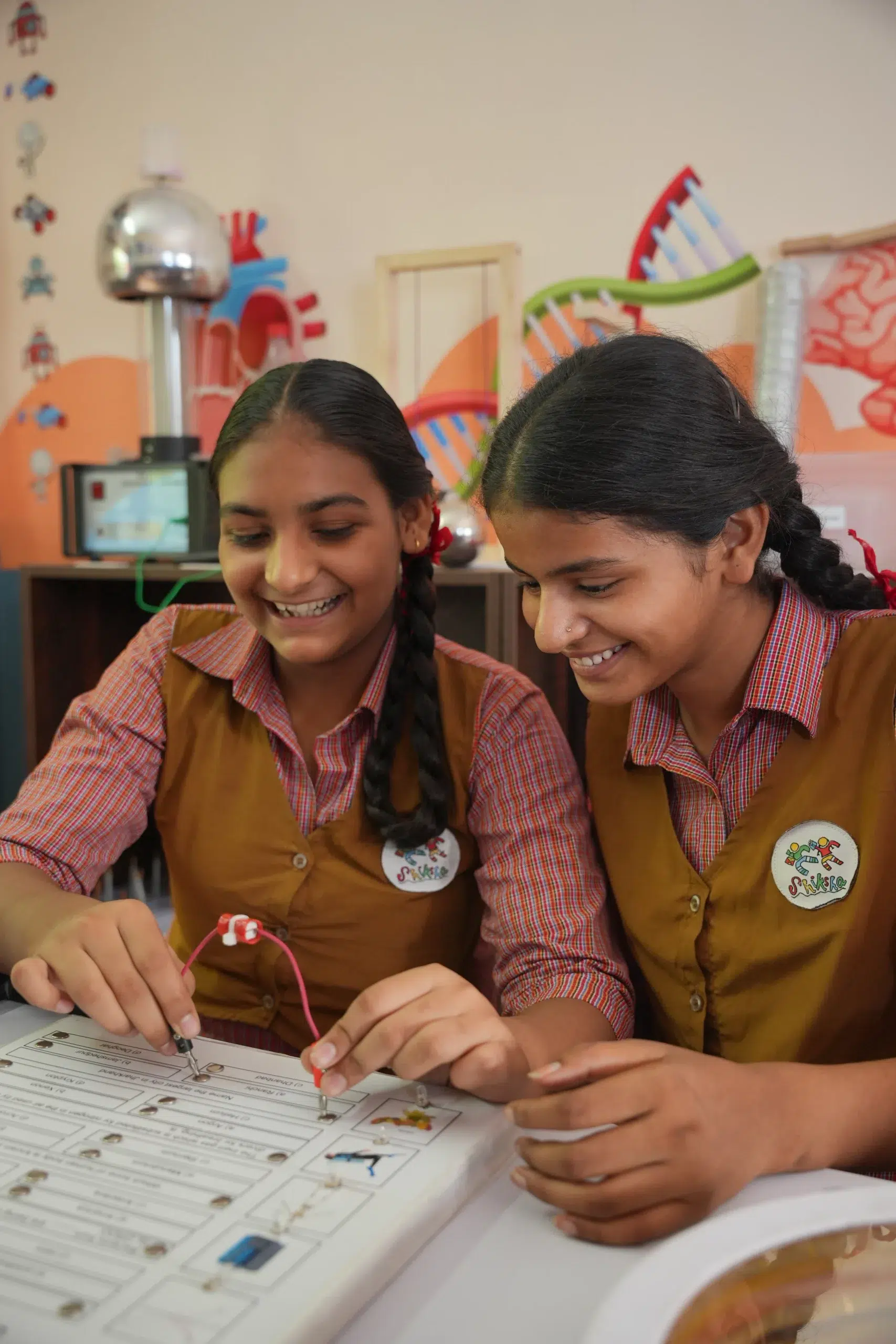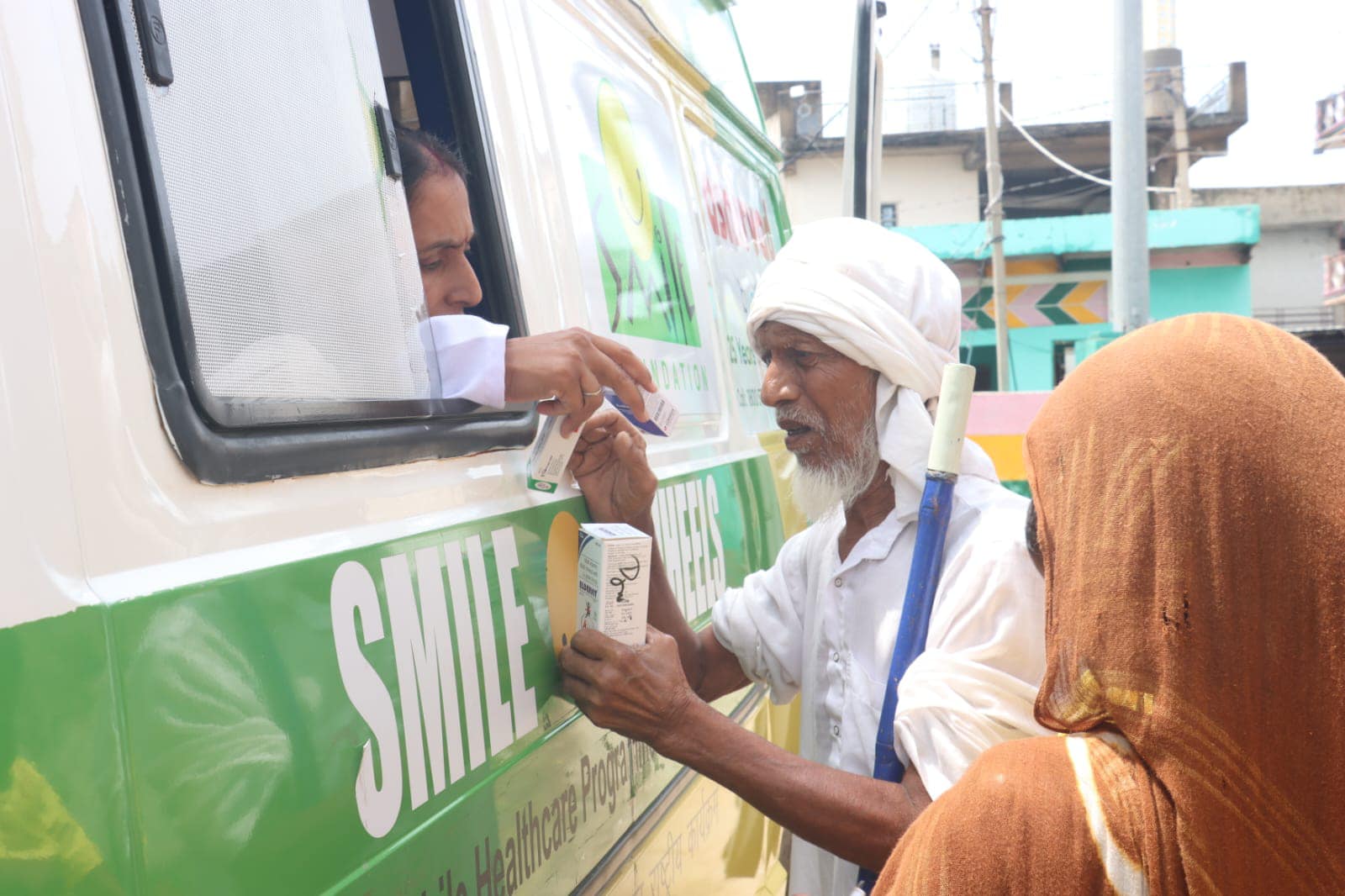For most women, becoming a mother and holding the newborn baby is among the happiest moment of their lives. It is right and happiness that every woman wishing to be a mother is entitled to. However, for many pregnant women this does not come true and at times even results in worst of the scenarios. Every day as many as 800 women die due to complications arising out of pregnancy (as per UNICEF) and uncountable many lose their baby. In India, a woman dies every 20 minutes due to pregnancy or during childbirth, as per the World Health Organization. The major cause of this is insufficient and poor prenatal and postnatal care and the lack of awareness around the needs of women during pregnancy.
The high number of maternal and infant mortality is largely due to preventable and treatable causes made up of – severe bleeding (mostly bleeding after childbirth), infections (usually after childbirth), high blood pressure during pregnancy (pre-eclampsia and eclampsia), complications from delivery and unsafe abortions (as per World Health Organization). These fourfold complications arising during and after pregnancy arise out of the lack of prenatal and postnatal care that women require to maintain their health and that of their babies.
Pregnancy during Adolescence
The journey to safe and healthy a mother and child begins with educating adolescent girls about their bodies and encouraging them to make decisions about their bodies and health. Pregnancy and childbirth require a physically and mentally prepared woman, capable of handling the changes brought on in the process and proper prenatal and postnatal care. Globally, mortality is high among girls between the age of 15-19 years whose bodies are still growing and changing and who are put through the trauma and complications of pregnancy. As per a UNICEF report, as many as 100 in 1000 adolescent girls between 15-19 years go through pregnancy in India, as of 2018. The physical and psychological burden of pregnancy and childbirth can significantly weaken a girl’s young body leaving her vulnerable to risk in future pregnancies.
Maternal Healthcare
Every pregnant woman needs access to prenatal and postnatal care to ensure her and her baby’s health and welfare. As per WHO, every woman who is pregnant must have at least four prenatal attendance and have access to iron and folic acid supplements for at least 100 days alongside two tetanus shots and vitamins and calcium to maintain her physical health and prepare her body for childbirth. Prenatal visits provide the opportunity to detect and possibly prevent adverse birth events. However, only 21% utilize or get access to all four ANC visits and barely 30% take IFA for the minimum stated period. Low iron can lead to anemia which can be possibly life-threatening to both mother and child.
After childbirth, a woman’s body suffers from low levels of iron and calcium. For a speedy recovery, postnatal care includes access to iron, calcium, vitamin-enriched diets as well as supplements. These are necessary not just for the mother but also for the child who derives its nourishment entirely from the mother.
Most women in the country, especially in rural regions, find themselves at a disadvantage when it comes to receiving both ANC and PNC attention. Lack of primary healthcare centers and awareness among family members about the need of a pregnant woman with the rigorous lifestyle most women lead on an everyday basis puts them at high risk of not just miscarriages but also death.
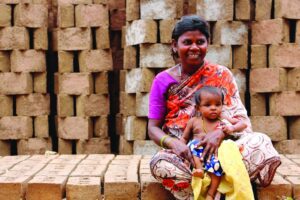
Access to Safe Delivery and Emergency Care
To ensure a safe delivery, it is advised to have a skilled provider such as doctor, nurse, or midwife around to reduce maternal and newborn morbidity and mortality. India has achieved a significant feat where more than 81% of the deliveries take place in the presence of a skilled provider, thereby actively bringing down the mortality rate of mother and baby.
There, however, still remains a lack of emergency care such as cesarean section, or C-section which can be lifesaving interventions in case of a breech birth or some other serious complication, specifically in rural regions where hospitals and healthcare centers are not easily reachable.
Beginning for healthier and safer childbirth starts with awareness among girls and their families. In lieu of the same, Smile foundation under its women empowerment vertical, Swabhiman and healthcare program a Smile on Wheels, spreads awareness on reproductive and maternal health among underprivileged communities in urban slums and rural villages.
In addition to encouraging healthcare-seeking behavior among young girls of reproductive age, pregnant women and new mothers, Smile On Wheels keep a record of pregnant women and new mothers through Anganwadi workers to bring essential services for ANC and PNC for these women.
Without being healthy herself, a mother cannot completely provide her child with the adequate nourishment that an infant needs, and only with active attention, awareness, and invention can the world home come closer to reaching zero material and newborn mortality late.
To support the healthcare of women click https://www.smilefoundationindia.org/health-cannot-wait/



